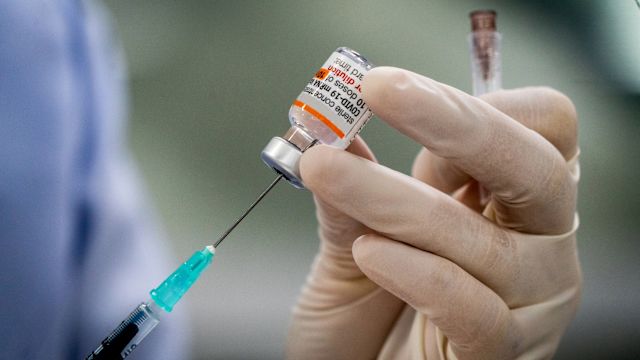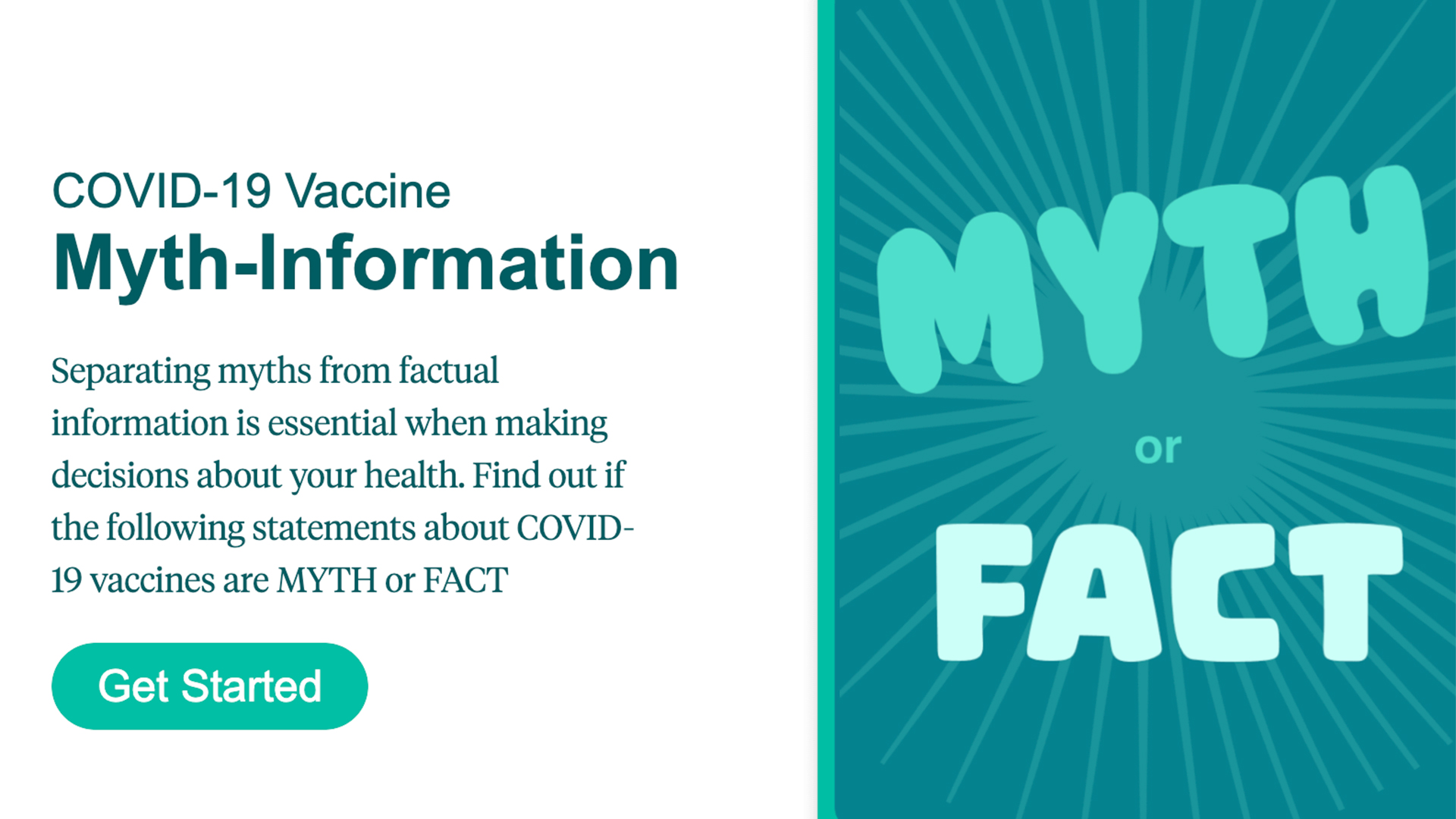Updated on June 6, 2025
While a typical COVID-19 infection resolves within a few weeks, there are many people who experience what is known as “long COVID” or “post COVID-19 syndrome.” Long COVID has affected people of all ages, including children in some cases.
Long COVID refers to symptoms and health problems that persist after a COVID-19 infection resolves. According to the Centers for Disease Control and Prevention (CDC), these symptoms develop during or after the initial infection and continue for at least three months. These symptoms cannot be explained by another diagnosis—and it’s important to rule out other potential causes of any symptoms a person experiences following a COVID-19 infection.
While long COVID is most often associated with severe COVID-19 illness, the exact causes of long COVID are not fully understood. Some people develop symptoms even after mild or asymptomatic infections. Symptoms can begin weeks or months after a COVID-19 infection has been resolved.
While anyone can develop long COVID, certain people are more at risk. This includes people over 65, females, people who are Hispanic or Latino, people with existing health conditions, people who have had severe COVID-19, people who have not been vaccinated against COVID-19, and people affected by health inequities.
What are the symptoms of long COVID?
Symptoms of long COVID present differently from person to person. Over 200 different symptoms have been reported. Some of the more common symptoms include:
- Fatigue
- Shortness of breath
- Persistent cough
- Difficulty concentrating (sometimes called “brain fog”)
- Gastrointestinal symptoms
- Heart palpitations
- Chest pain
- Changes in menstrual cycle
- Headache
- Changes in sleep patterns
- Anxiety and/or depression
- Muscle, joint, or body aches
These symptoms can range from mild to debilitating. Long COVID affects different people in different ways. Long COVID can also contribute to or worsen health conditions, including neurological problems, blood clots, diabetes, and heart conditions.
How is long COVID treated?
There is no specific treatment for long COVID, and treatment focuses on managing specific symptoms and improving a person’s quality of life. This may involve working with a number of different healthcare providers with different specialties. This interprofessional team can include a primary care provider, pulmonologist, cardiologist, infectious disease specialist, mental health professional, physical and occupational therapists, and others. Treatment can take time.
Do vaccines protect against long COVID?
Research into the effect that vaccines have on the risk of long COVID is ongoing. There have been studies that found vaccination does little to decrease the risk of long COVID, but most studies have found that vaccines help prevent long COVID. COVID-19 vaccines are considered the best available tool for preventing long COVID.
Here are two points to consider:
- Vaccines help lessen the severity of a COVID-19 infection. Most cases of long COVID occur in people who had a severe infection.
- Vaccines help prevent a person from being infected with COVID-19. In order to have long COVID, a person must have COVID-19 in the first place. Long COVID has also been associated with repeated infections.
Research about long COVID is ongoing. If you have any questions or concerns about COVID-19, long COVID, COVID vaccines, or other steps to protect yourself from severe illness, a healthcare provider will be your best source of information.






